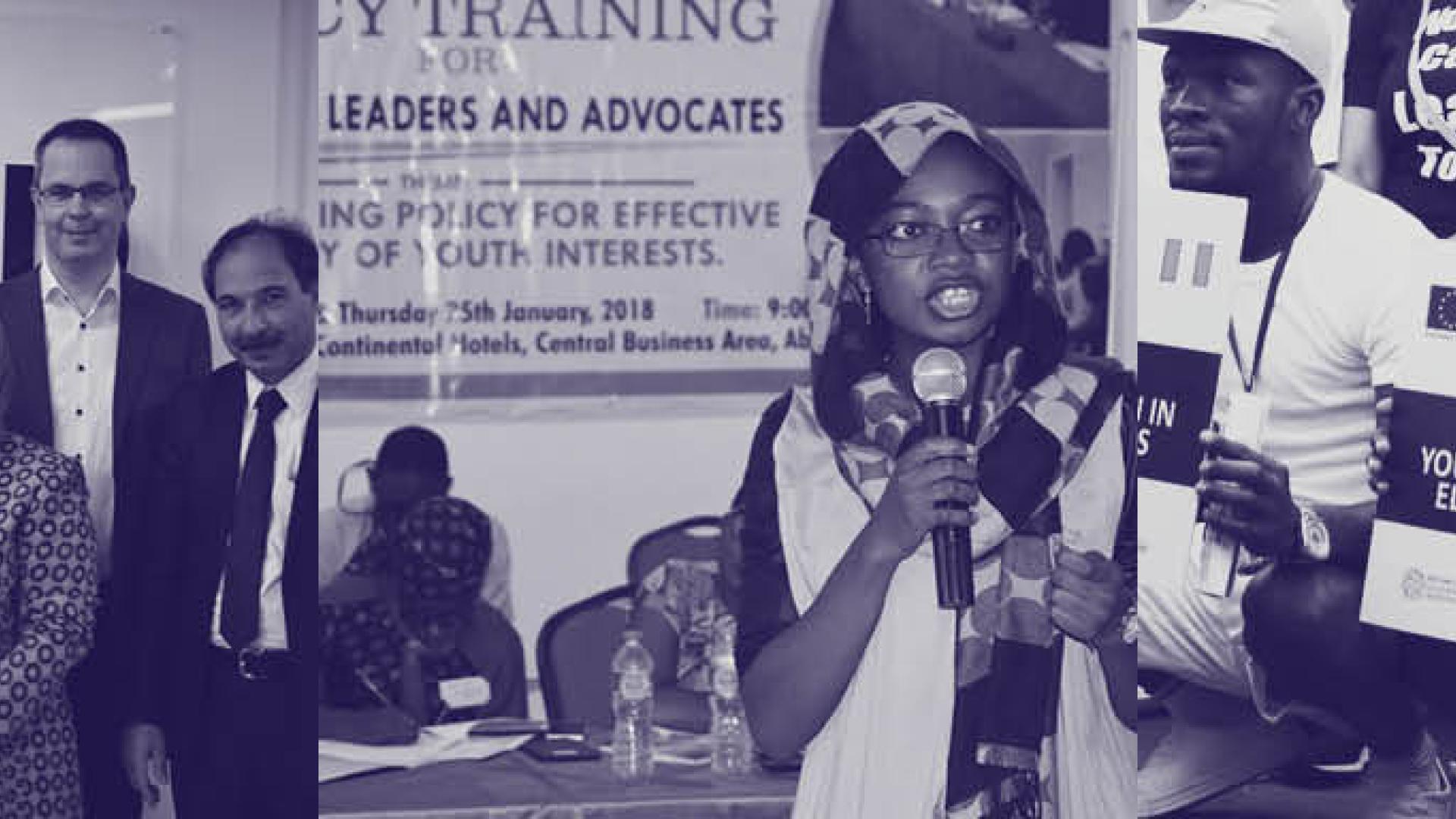Women leadership, youth inclusion, and accountability advancing in Uganda

Over three-quarters of Uganda’s population (83%) is under 35 years, and more than half (51%) of it comprises of women. WFD’s current Inclusive and Accountable Politics (IAP) programme in Uganda is expanding on its past work by promoting quality representation and inclusion of both women and youth. The programme does this by building the capacity of members of the Uganda Parliamentary Forum on Youth Affairs (UPFYA), Uganda Women Parliamentary Association (UWOPA), and women/youth focused civil society organisations (CSOs). WFD also works directly with Uganda MPs to support their capacity to carry out their accountability function in parliament.
Mentoring new women legislatures
The programme focuses on building the capacity of women members of parliament (MPs) to effectively conduct their roles and influence the national policy agenda. Also, creating platforms for more successful and experienced female leaders in Uganda and the commonwealth to share experiences and offer mentorship. In partnership with UN Women and UWOPA, WFD in Uganda conducted mentoring sessions for 30 new MPs. These sessions provided an opportunity for the new leaders to engage with experienced female politicians. The seasoned leaders provided guidance to the new MPs on how they can effectively conduct their duties in parliament, especially on championing women and youth issues.
During the mentorship sessions, some MPs testified to having not made any statement on the parliament floor since they were elected. This majorly attributed to lack of self-esteem and challenges in navigating through structural hurdles in the institution. However, after the sessions, the programme has seen participants already become more vocal in parliament and use this to raise issues of concern for their constituents. For example, one MP was able to raise a matter of national importance on the increasing cases of teenage pregnancies in her constituency. Another raised a matter on the increased harassment of opposition women leaders by security forces.
Supporting accountability champions
WFD identified and built capacity of MPs to continuously scrutinize the government performance. These MPs – accountability champions – recently presented proposals to the parliamentary budget committee calling for a review of the law and regulations relating to the management of Uganda's classified budget. The MPs expressed concern about the growing public debt in budget areas which have limited scrutiny.
The proposals by the MPs have had a warm reception from some members of the budget committee. Otuke Constituency MP, Paul Omara, among other members of the committee, supported the champion’s proposal arguing that the country’s debt burden could be due to poor prioritization.
According to Hon Omara,
“We have heard the issues about classified expenditures; we as the budget committee need to consider the balancing act given the limited resources we have in terms of revenue.”
Pushing the youth agenda
WFD organised meetings that brought together key change agents and partners of the IAP programme to interact with decision-makers and discuss pertinent issues that affect them. UPFYA compiled the issues coming from the engagements with different stakeholders, including youth in political positions and social groups, which informed the youth legislative agenda for the 11th Parliament.
The legislative agenda was approved during the UPFYA annual general meeting in late 2021 and presented to the Speaker of Parliament. The Speaker committed to supporting the agenda by including the issues in the broader business of the legislative body. Some of the issues have so far been included on the order paper for debate. These include the Local Content Bill and the sky rocking cases of teenage pregnancies in Uganda.
By including the issues coming from marginalized groups – especially young people and women – into parliament business priorities indicates the willingness and commitment of parliament to address pertinent issues affecting citizens. The IAP programme is funded by the UK Foreign, Commonwealth and Development Office (FCDO).